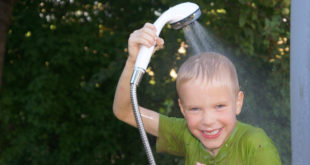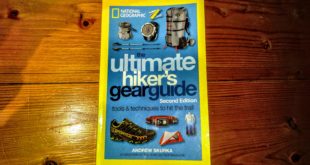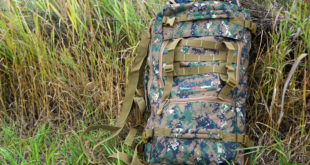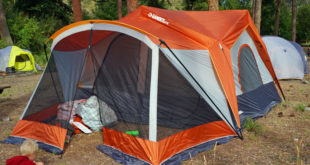 After procrastinating about writing about a blog post last night and then waking up to a cloudy and cold day I figured it was time for another book review. Suiting the weather, this is going to be a cloudy review with only a few rays of sunshine. I’m talking about “Canoe Trip: North to Athabasca” by David Curran.
After procrastinating about writing about a blog post last night and then waking up to a cloudy and cold day I figured it was time for another book review. Suiting the weather, this is going to be a cloudy review with only a few rays of sunshine. I’m talking about “Canoe Trip: North to Athabasca” by David Curran.David Curran is a Psychologist who has written a few other books on Psychology and Canoeing in Maine, none of which I have read, and honestly none of which I am now interested in reading. It sounds heavy, but when I have a small book budget every year, I don’t take chances on bad track records.
His book on Athabasca is about his experience planning for and paddling down the Macfarlane river in northern Saskatchewan. The route takes him to a final destination of the famous Lake Athabasca. His was the second such recorded trip down the river, the prior trip having been done some ten years earlier by a larger team. He chose to head down the river with only one other person and manage the river journey in 6 days. It was an impressive feat, but the book left me less than impressed. Here’s why.
Don’t get me wrong, the account of the actual trip is interesting, especially if you can ignore his incessant references to Maine… which one would think was the most amazing place to canoe in the world. My biggest struggle with reading this was that the first few (seven) chapters are filled with seemingly irrelevant digressions and side stories that all seem forced… as if he was padding and fluffing the word count to have enough material to publish… about Maine… Even then we are left with a heavy 130 page tome.
To add a bit of my own background, I almost always read books out loud to my wife. It makes it a joint experience and more vivid. We honestly groaned and cringed while reading through the first chapters. My wife walked away several time for something to eat/drink and to relieve her frustration. Oh and references to Maine were so frequent that they became a running joke.
The origin of the problems in this book is (in my opinion) the fact that he did this trip as much to write a book about his experience as it was to have the experience. Less passion, more pension. The result was that the first chapters are sloppy and fluffy and hard to chew through and the conclusion is sudden, unexpected and leaving you wanting more closure, more purpose. At the end of the book I wasn’t sure what the Maine point was.
Another thing that bothered me was his cultural insensitivities. My wife says, “He’s an American writing about Canada… and that says it all.” He wasn’t insulting, he was condescending. He writes like a clinical psychiatrist when he should be sensitive to other nationalities and cultures. The way he talks about indigenous beliefs is too “factual” and not accommodating enough. While that may be important in a Psychology text, in a relax by-the-fire story it is distracting at best.
Once we got to the meat of the adventure – actually canoeing down the river, things picked up and I felt he was writing from the heart. It’s like a presenter wading through formalities at the beginning of his talk. Once he’s fulfilled his contractual obligations he gets into the emotion, spirit and enthusiasm of the adventure… about 10 minutes in… or in this case, eight chapters. When he talks about his anticipation and tense moments of navigating rapids you see someone telling a story, not someone trying to write a book.
And then it ends. I was just getting into the story and then it stopped. I thought it was a joke. There was no closure, no big impact, just a proverbial unfinished sentence.
So, in honour of the story, I’ll end this review here.
In conclusion, I found the actual story of the adventure entertaining and interesting (chapter 8 onwards). The first 7 chapters were mostly irrelevant and forced fluff. The Epilogue was extremely lacking. it was just a dry observation of how nature changes and we have to adapt… believe me, it sounds better in that one sentence than it did in those closing 5 paragraphs. He did little in the book to lead us to that conclusion.
It’s not a bad read, but it wasn’t a great read. I was looking for a canoe adventure and I didn’t really find it. I’m having a much better time reading True North: A Journey into Unexplored Wilderness byElliot Merrick.
 The Outdoor Adventure Giving you tips, tricks & recommendations to help make adventuring in the Outdoors fun, safe & exciting for you and your kids.
The Outdoor Adventure Giving you tips, tricks & recommendations to help make adventuring in the Outdoors fun, safe & exciting for you and your kids.





